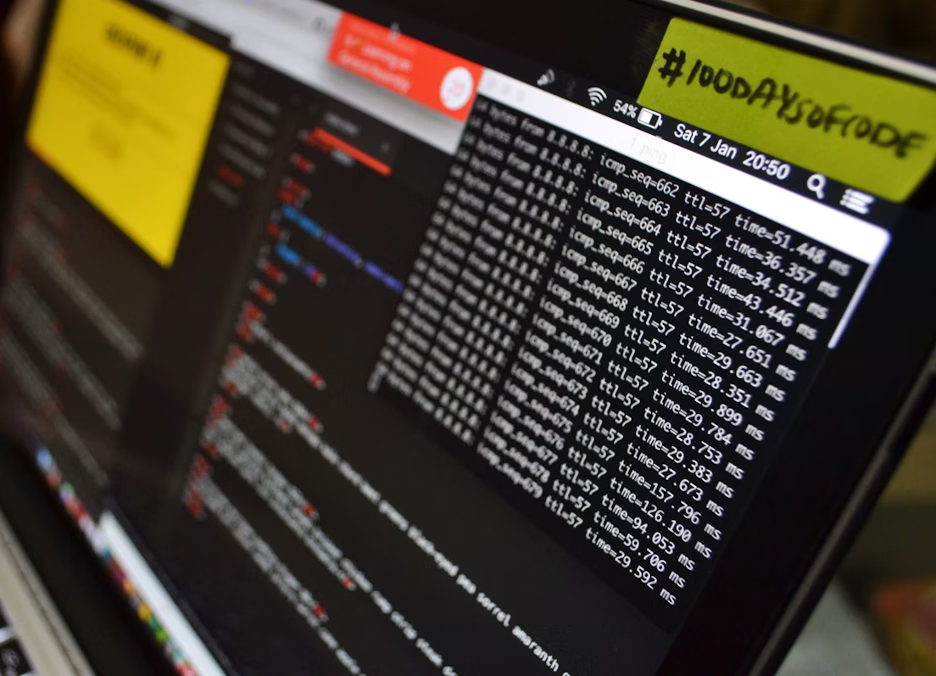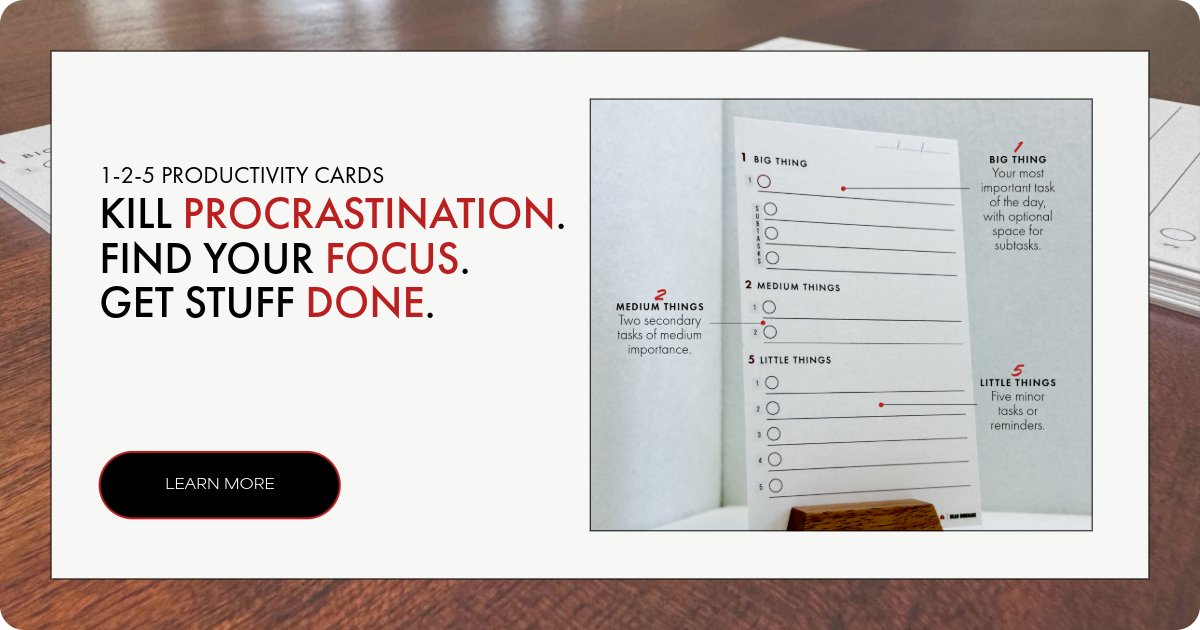Exploring the World of Engineering: Gaining Insight into Different Kinds of Engineers
COLLABORATIVE POST

Want to hear something that sounds absolutely far-fetched but actually isn’t? Well, it’s your marketing campaign getting ruined by hackers. You already know all the generic tips about marketing strategies for your business, right? And chances are, you’re probably not familiar with the fact that yes, cyber criminals can absolutely destroy your brand, your reputation, your, well, everything.
So just go ahead and picture this for a second: your marketing team has spent weeks obsessing over the perfect campaign. The emails look sharp, the graphics from Canva look utterly amazing, and the tagline’s catchy enough. Now, all of this sounds great, right? Yeah, you finally launch, sit back, and wait for the magic. But then some hacker spoofs your brand, fires off phishing emails that look identical to yours, and customers think you’ve scammed them. Your “brilliant campaign” is now the punchline of an internet cautionary tale.
Yes, you didn’t do anything to ignite this, and chances are, none of this was personal either. And yeah, this is absolutely something no marketer understandably wants to think about either. But at the same time, you absolutely need to think about this too (there’s no choice). It might be a little weird to say, but cybersecurity and marketing are basically joined at the hip. You can’t ignore security because your marketing campaign will most likely backfire. But what can you even do? What should you even know?
Trust is the Real Currency in Marketing
Sure, by all means, you can have the flashiest graphics, the funniest TikTok ad, or an email subject line that deserves an award, but if people don’t trust you, none of it matters. No, really, absolutely none of this matters. While yes, they’re important, it’s still about trust.
Think about your own inbox. How many times have you opened an email, thought the offer looked good, then closed it because something felt… off? Maybe the link didn’t look right, or the sender’s name had a weird typo. Well, in that case, you’re not alone. Needless to say, customers are hyperaware now, and the second something feels unsafe, they’re out. It makes sense, because it’s getting a bit more challenging to distinguish what’s real and fake online.
But it helps to think of this: marketing builds the message, but security makes sure the message even lands in the first place. Nowadays, a lot of businesses are looking into digital marketing and tech support combined because it pays off to do so. While sure, digital marketing and cyber security aren’t the same, they really do go hand in hand, and at the end of the day, you need to protect your business and reputation, and both do that.
Hackers Can and Will Hijack the Message
While sure, hackers will do what they can to steal data, they’re also stealing marketing campaigns. While it’s not a new concept or anything, it used to be fairly easy to tell when something was a scam or spam. But now? Well, not entirely. Here are a few examples of what you should ideally be on the lookout for.
Email Spoofing
If you go to your spam folder, you’ll probably see a whole bunch of junk that’s clearly not from real companies, right? Yeah, those are obvious, but it’s getting to the point that hackers are trying harder.
Just think about it; you spend hours making the perfect newsletter, but customers end up with a phishing email that looks exactly like yours. It’s the same logo, same colors, same layout. So, what’s the only difference? Well, the link takes them straight to a scam. The real brand gets the blame, even though it wasn’t involved at all.
Fake Social Profiles
Well, this one’s everywhere, and you’re probably more than aware of this one. So, hackers create copycat Instagram or Twitter accounts, slap on your logo, and start posting “special offers.” By the time you realize what’s happening, people have already clicked, shared, and handed over their info.
Deepfake Ads
Now, this one is a bit newer, and it’s really scary to think that this might actually become the norm. And yeah, of course, all of this is creepy too. If you pay attention to ads on YouTube before a video plays, then you might have noticed that CEOs and influencers are being deepfaked into “endorsing” products they’ve never even heard of.
Sometimes, it’s even a crypto scam that they’re promoting. Now, just imagine you see yourself being deepfaked or you see the CEO of your employer pushing a crypto scheme. Yeah, this can actually happen. And yeah, it’s a nightmare for marketers who’ve spent years building a brand voice, only to have it hijacked by AI.
Fake Ad Campaigns
Well, it’s not even just YouTube; if you use Instagram, TikTok, or even Pinterest (especially Pinterest), then you might have noticed that this is happening more. You’ll see an ad from a real brand, but the link takes you somewhere sketchy. Customers can’t always tell the difference, so the brand’s reputation takes the hit. It also doesn’t help that these social media platforms won’t even verify these “companies” either.
But what’s the Fallout?
It should be obvious, right? Like, spoofed emails mean mass unsubscribes. Fake ads make your brand look like it’s in bed with scammers. A hacked social account? That can wipe out years of follower trust overnight. Remember when some of the biggest Twitter accounts on the planet were hijacked for a Bitcoin scam in 2020? Apple, Uber, and even Elon Musk.
Well, those verified accounts were tweeting out “send me Bitcoin and I’ll double it” messages. Thousands of people fell for it. How about when brands like McDonald’s and Burger King had their official accounts hacked to push fake promos and offensive posts?
You’ll Always be at Fault
Most customers don’t care if it was “really the brand’s fault” or not. In their minds, it was your name on the email, your logo on the post, your CEO’s face in the ad. That’s who they’re blaming. But of course, marketing will then have to work overtime, scrambling to patch up a trust problem it didn’t technically cause. Actually, here’s a great analogy for all of this: it’s like spilling red wine on a white shirt. You can scrub, you can soak, you can try every hack on TikTok, but that stain’s never really going away.
Cybersecurity is Marketing
This can’t be an afterthought anymore; you’re just not going to be seen as a victim, only your customers and followers will be. You’ll have to do anything and everything you can to avoid this whole mess. For example, stronger email verification so customers know it’s really from you. Monitoring tools to catch fake ads before they spread. Training marketers to spot phishing attempts before they become disasters. It might not sound glamorous, but it’s the difference between a campaign that shines and one that blows up in your face.
— End of collaborative post —
✨ New Series: How to Become an Early Riser
- Discover key methods to make early rising a habit
- How to wake up early + energized every morning
- Morning routines for health + success
Free self-development courses
👇
Tap on any of the courses below to start learning how to:
- boost your productivity (with GTD),
- get focused (with Deep Work),
- or learn the art of influencing others (with the How to Win Friends & Influence People course.)
All for free.
👇
Free life guides
👇
Best-selling Self-development courses by Dean Bokhari
Kill procrastination.
|
Get stuff done.
|
Get motivated.
|
Connect with anyone.
|
freshly pressed:
Top Audiobooks narrated by Dean Bokhari on audible | |
Book summaries
- The Power of Habit by Charles Duhigg
- 12 Rules for Life by Jordan B. Peterson
- Presence by Amy Cuddy
- Leaders Eat Last by Simon Sinek
- The ONE Thing by Gary Keller, Jay Pasan
- Deep Work by Cal Newport





































